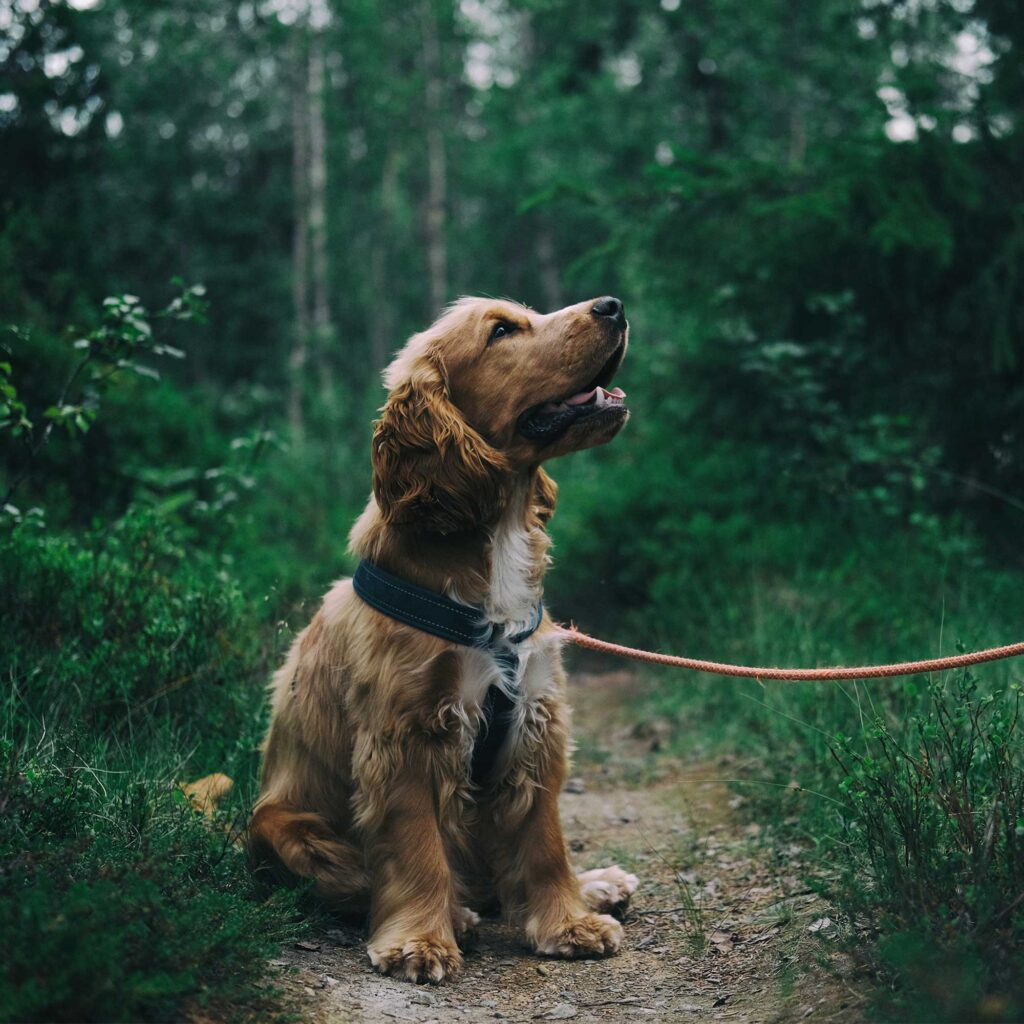| Project Dog

What we do
Project Dog has two key aspects; The Learning Alliance, underpinning our research, and the Research Programme.
The Learning Alliance
All of Project Dog’s research aspects are informed by a Learning Alliance consisting of canine guardians, trainers, behavioural specialists, NGOs, policy makers and academics. This Learning Alliance serves as a steering group for the ‘Project Dog’ research and will translate the knowledge gained into practice.
By creating strong collaborative relationships among those with first-hand experience of assessing, training, and rehoming rescue dogs, we hope to create more inclusive and impactful research. As such, we would like to invite you to be part of this Learning Alliance, and share your expert knowledge and experience. As well as gaining input from individuals and agencies who have insight and substantial knowledge in this area, we will feed back the research findings to you and your organisations as we reach key phases.

Knowledge exchange
The purpose of this Learning Alliance is to draw on your knowledge and experience at key stages of the research including elements of research design, implementation and dissemination. You will be invited to attend regular online live meetings. Meetings will be held around key stages of the research to capture your expertise as well as keep you updated on events and possibilities for practice. You will also be updated regularly via the Project Dog mailing list in relation to the research, current events, training or other relevant material.
Typical tasks for the Alliance may include general discussion, document reviewing and the piloting of relevant materials. Specifically, the purpose of your involvement would be to:
- Build on your knowledge as well as the knowledge developed within this project.
- Develop a cross-understanding and solution to the complexity around canine guardianship.
- Enhance possibilities of mainstreaming intervention and strategies that encourage and support successful canine guardianship.
- Strengthen and support the exchange of information from listening and engaging with those living with canine companions (displaying an array of behaviours that are perceived to be appropriate and inappropriate), as well as those who work with and rehome them.
- Build cross-sector and cross-profession relationships with a goal of enhancing human-canine relationships, experiences and health.
- Develop an interdisciplinary understanding of the health impact (both positive and negative) of living, working with and rehoming canine companions.
- Develop strategies that support the human-canine relationship and, ultimately, support both human and canine well-being
The Research Programme
There is consistent support for the beneficial impact of canine guardianship on the health of their human counterparts. However, less is known about the impact when the dog presents with reactive, complex or undesirable behaviours.
Given the popularity of dog guardianship within the UK, as well as the ever-growing rate of surrenders, there is a need for exploration into the varying aspects of dog behaviour and its effect on the canine-human relationship. In doing so, new insight for human-canine matching will be developed and protective factors can be identified in aim of supporting the canine-human bond, improving human health and reducing incidence of re-surrender.
Therefore, Project Dog aims to generate up-to-date knowledge around current cutting edge issues in relation to canine behaviour and companionship. Informed and developed by the collaborative Learning Alliance, this research has true applications to everyday practice when living and working with canine companions. As such, there are three over-arching goals underpinning Project Dog:

Understanding the spectrum of dog behaviour and human expectations
Examining the impact and effect of dog behaviour on human health, well-being and successful guardianship
Developing interventions to support human-dog matching, health and wellbeing, and successful guardianship
